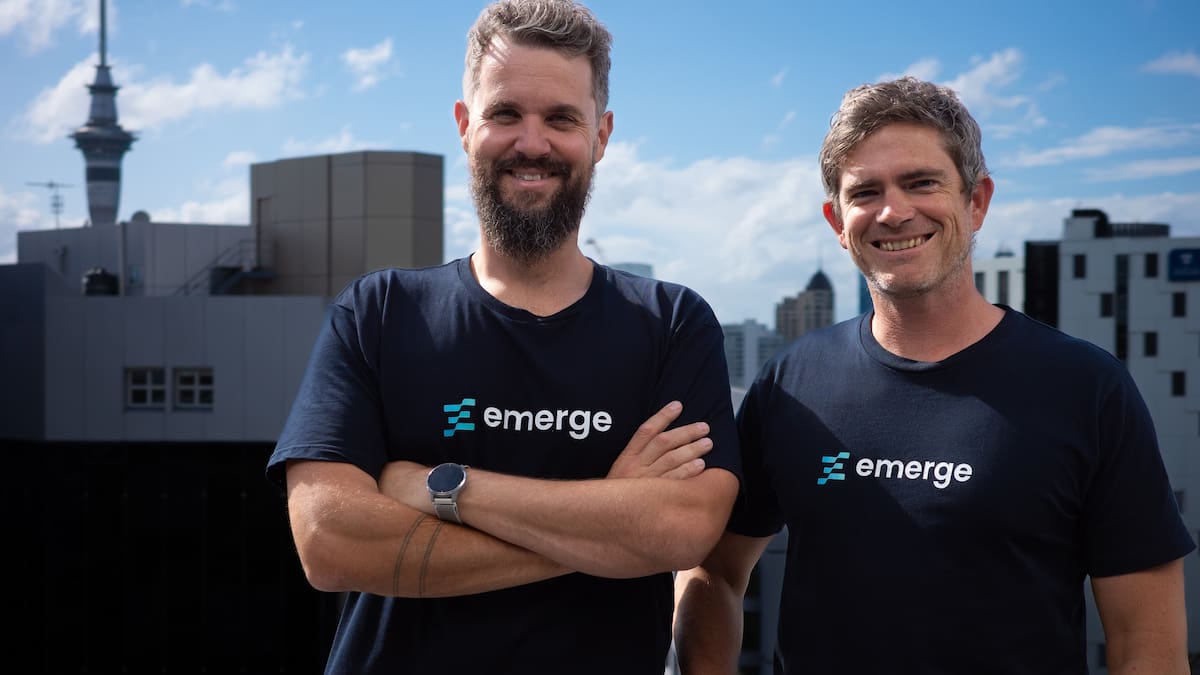But in the event it was a formality, given ASB and its peers had already agreed to voluntarily abandon their right to charge for the API (application programme interface) access.
It is that access which allows fintech’s apps to talk directly to their systems (so, for example, an app like POLi will no longer ask you for your banking logon).
Commerce Minister Scott Simpson directed MBIE officials to meet with fintechs, including Emerge, Pocket Smith and Prosaic, after they raised objections over a plan to allow banks to charge for access to their systems.
Emerge is riding the open banking momentum with a new personal banking service – which follows its children’s and business banking services – the latter of which offers immediate onboarding, and Xero, Apple Pay and Google Pay integration. Between them, its services have attracted 250,000 signups so far, the firm says.
Key change could be years away, if it goes ahead
But Pavlicevic also cautions that, “truly frictionless open banking, with portability like we see in mobile phones, could be years away”.
Killing API fees is a useful behind-the-scenes move that will help foster innovation, the Emerge founder says.
But open banking will be more obvious and appealing for consumers once “you can take your account numbers, your direct debits and all your settings to a new bank with a couple of clicks – just as you can take your mobile to a new provider today”.
A 2024 Commerce Commission report said it currently took five to nine working days to switch banks. Policy work on changes has yet to begin, however.
More features soon
Meanwhile, Emerge continues to pursue its ambition to one day become a full-service registered bank, “creating a local alternative to the Australian-owned giants that dominate the New Zealand market”, as Pavlicevic puts it.
Coming soon are interest-earning accounts, foreign exchange and multi-currency wallets, cashback rewards, shared visibility for families and automated insights that make managing money easier, Pavlicevic says.
Mortgages will be last on the list. “It doesn’t make sense to start where the traditional banks are strongest.”
Emerge, which has expanded from 16 staff in early 2023 to 33 today – all based in Auckland – has a war chest for expansion.
Late last year, it raised $12 million in a Series A round led by Altered Capital and supported by Icehouse Ventures and the ubiquitous Sir Stephen Tindall.
All up, Emerge has now raised $21m in a tough venture capital market. Pavlicevic won’t reveal his privately held firm’s financials, but says it’s humming along nicely, negating any immediate need for a Series B.
Sharing tips at Auckland Startup Week
How did he do it? Pavlicevic will be sharing tips as one of 95 speakers for the inaugural Auckland Startup Week – an Auckland Council-organised event that kicks off today.
The line-up also includes Sharesies cofounder Leighton Roberts, Vend founder Vaughan Fergusson, Tax Traders and Taxi cofounder Nicola Taylor, AskNicely founder Aaron Ward (Ngāti Maru), EasyCrypto cofounder Janine Grainger, a raft of Pavlicevic’s fintech peers and speakers from venture capital firms Bridgewest, Outset, Movac and NZVC, among many others.
See the full schedule here.
Chris Keall is an Auckland-based member of the Herald’s business team. He joined the Herald in 2018 and is the technology editor and a senior business writer.

